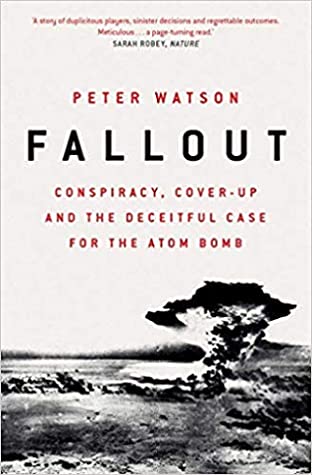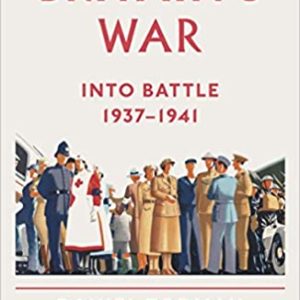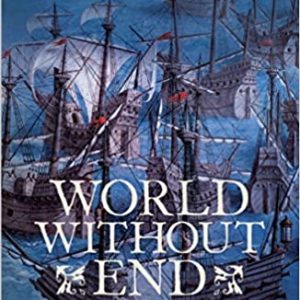Between December 1943 and August 1944,
Franklin Delano Roosevelt and
Winston Churchill ignited the
Cold War, a superpower rivalry that would dominate the world over half a century, by building an
atomic bomb and excluding their Russian allies.
Peter Watson tells the pulse-pounding story of how two atomic physicists tried to counter this in two very different ways. While
Niels Bohr sought to convince President Roosevelt and Prime Minister Churchill to share their nuclear knowledge with
Joseph Stalin, nuclear scientist
Klaus Fuchs, a German Communist emigre to Britain, was leaking atomic secrets to the Soviets in a rival attempt to ensure parity between the superpowers. Neither succeeded in preventing the
World War II allies from unleashing the atom bomb on the world.
Fallout proves that the atomic bomb was not needed, and was made as a result of a series of flawed decisions. The Americans did not tell the UK that the atomic research was compromised by Soviet spies; the British did not tell the Americans that in 1943 they knew for sure that Germany did not have a nuclear bomb program. Neither country admitted to the scientists developing the bomb that it would never be used to counter the (non-existent) German nuclear threat. Had the scientists known, many of them would have refused to complete work on the bomb.
This story shows how politicians fatally failed to understand the nature of atomic science and, in so doing, exposed the world needlessly to great danger, a danger that is still very much with us.





